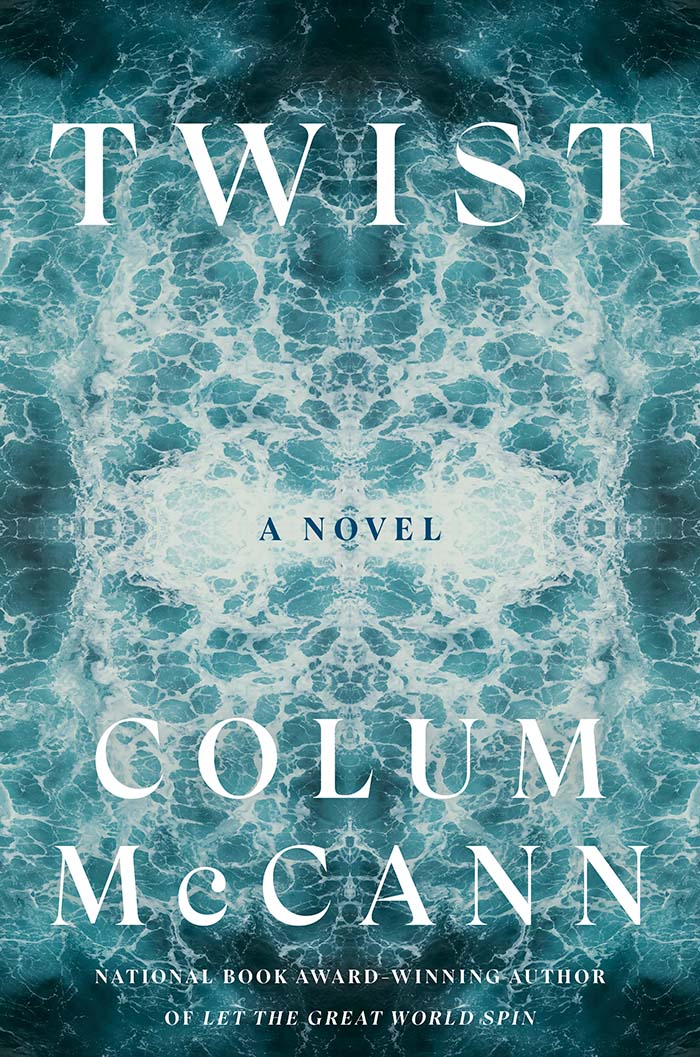
Where Should I Write?
Writers write just about everywhere. In ships. On trains. In libraries. On the subway. In the cafe. In writer’s getaways. On top of fridges. In plush offices. In jail cells. In the heart of hollowed-out trees. There’s a good deal of shite talked about writers in their garrets (mea culpa, I sometimes work in a closet), wearing blindfolds to block out the world, but it doesn’t really matter where you write as long as you feel comfortable there. Still, a book will reflect the room in which it is written, so make it comfortable, make it intimate, make sure you belong there, that the space is yours. What helps? A good chair, of course: spend your money on this. A decent posture. A few feet to stretch in every now and then. A couple of photographs (maybe one of your characters, or the landscape she dwells in). Or a favourite quote – “No Matter” — tacked up on the wall. A pencil? Yes. A pen? Yes. A typewriter? Yes. A computer? Yes. A tape recorder? Yes, if that’s your style. Maybe all of the above: it doesn’t matter how you write, it’s what you write. But if you have a computer try to make sure you have a way to guillotine the Internet. Best of all have no Internet whatsoever. Try not to smoke. Try not to have a drink at least until the end of the working day. Keep your favourite volume of poetry handy. Write advice to yourself in a notebook or on the wall. Try not to eat in your workspace: crumbs attract other dwellers. Avoid writing in bed and even avoid your bedroom if possible: why spend all your dreams in one room? Enjoy the generosity of others. If someone offers a cabin, take it. Sit by the ocean or sit by the lake. Flow on lovely river, flow gently along. You don’t necessarily need a window but sometimes it helps. And get out of the room. Take a walk. Allow yourself to be lost. Follow a trail deep into the distance. If you think it will help, go to the writer’s colony (what a strange word, colony, it suggests, somewhere the tinkle of ice, or the presence of birds, or indeed the arrival of ants). Go there with purpose. Be generous to the other writers, but hide away from them while you write. Your book is the only book — it’s the only thing that matters. Close your door. Turn your phone off. It is your time to be selfish. Let others pay the bills. Let others worry about the dog for a while. Escape. Take the obligatory clothes off. Dance around. Play music. If you have a favourite writing album –“Today the Weather” by Colm Mac Con Iomaire is my current favourite – put it on auto-repeat so that the music seeps into the background, becomes then part of the landscape of your language. Keep the room a little cold: this will preserve the wakefulness in you. Think of your book as a room or a house. Architect it for yourself. Let the room hear the story: read aloud, read aloud, read aloud. And when you have finished a book, or a story, change your desk around a little, put up new photographs, tack new pictures on the wall, move the world, undust yourself. Let the room breathe. Let it turn its own pages.
